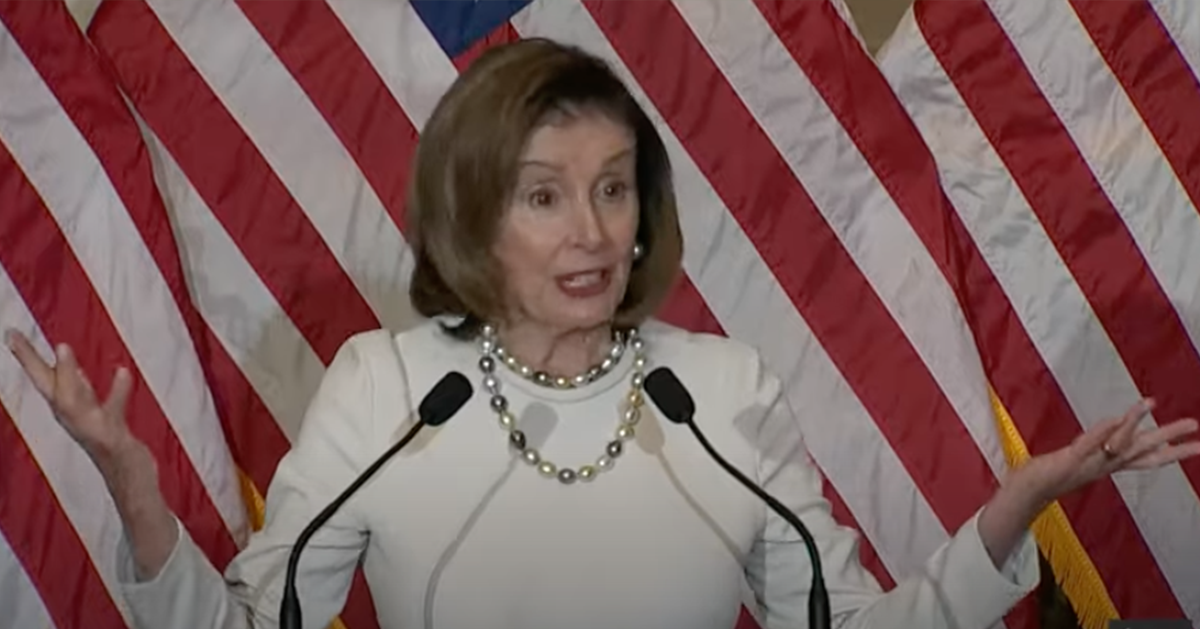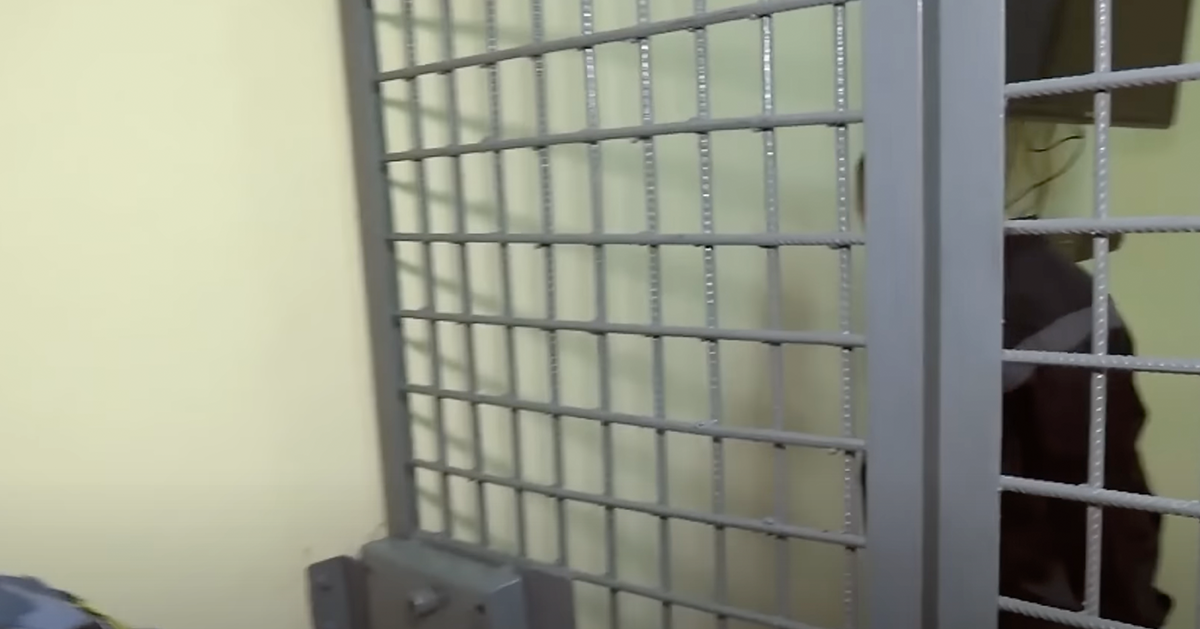Gorsuch Leads Supreme Court Discussion On Trump's Presidential Immunity
In a pivotal Supreme Court session, one of the conservative justices on the panel took a lead role in questioning the historical and potential impacts of presidential immunity, as the court deliberates former President Donald Trump's claims.
Justice Neil Gorsuch dominated a critical debate in the Supreme Court on whether Trump could claim full, partial, or no immunity from criminal prosecution. as the Washington Examiner reports.
The court's discussion centered around a four-count election subversion indictment against the former president. This case, brought by special counsel Jack Smith, has sparked significant legal and constitutional questions. Gorsuch raised concerns about the implications for future presidents, including the potential for self-pardoning before leaving office, which remains an unaddressed issue in U.S. legal history.
Gorsuch Challenges Longstanding Legal Assumptions
The nearly three-hour argument featured seasoned Supreme Court litigator Michael Dreeben, representing the special counsel's office, who faced rigorous questioning from Gorsuch and other justices. Gorsuch specifically inquired about the limits of presidential immunity, questioning whether it covered "core" executive functions and other actions typically undertaken by a president.
This inquiry aligns with broader concerns about the separation of powers and the scope of executive authority in relation to criminal accountability.
Key Justices Weigh in on Presidential Immunity
Several justices appointed by Republican presidents, including Chief Justice John Roberts and Justice Brett Kavanaugh, participated actively in the deliberations, probing the nuances of law application to former presidents.
They discussed how the ruling could influence not just the present case against Trump, but also set a precedent affecting the prosecutorial power over future presidents. The debate also touched on a related case that might affect significant parts of the indictment regarding the 2020 election subversion charges.
Supreme Court's Decision Could Delay Trump's Trial
The implications of the Supreme Court's decision are vast, potentially delaying the trial process if it decides in favor of extending certain immunities to Trump. Uncertainties about the timeline are particularly pointed, with possibilities of extending beyond the November 2024 elections, adding layers of complexity to an already charged political environment.
Trump's legal battles don’t end with this case, as he faces 88 charges in two federal criminal cases, a criminal trial in New York over an alleged hush money scheme, and a racketeering indictment in Fulton County, Georgia.
Gorsuch Expresses Concerns Over Future Legal Precedents
"We’ve never answered whether a president can do that; happily, it’s never been presented to us," Gorsuch commented on the unprecedented nature of a self-pardon.
His broader concerns were about the misuse of criminal law to target political opponents, questioning the implications for executive freedom and political retaliation.
"What would happen if presidents were under fear that their successors would criminally prosecute them for their acts in office?" Gorsuch asked, highlighting the stakes involved in the court's decision.
Impact on the Scope of Presidential Actions
During the intense debate, Gorsuch probed Dreeben on whether certain presidential actions, such as leading protests, could be seen as immunized official acts or prosecutable offenses.
The discussion brought to light the challenges in defining what constitutes a "core" function of the presidency, which remains crucial in determining the extent of legal protection afforded to a sitting or former president.
Dreeben acknowledged a "significant gap" in the application of immunity, which sparked further analysis from the justices on the nuances of executive power.
Reflections From Trump's Allies and Legal Observers
According to Mike Davis, a former clerk to Gorsuch and a Trump ally, the justices seem poised to rule narrowly, possibly limiting presidential immunity to official acts.
This interpretation could redefine the landscape of presidential accountability, marking a significant shift in how presidential actions are legally assessed.
The courtroom dynamics underscored a profound judicial process, with potential long-term implications for the presidency and the balance of powers within the U.S. government.
Conclusion: A Landmark Case With Broad Implications
In conclusion, the Supreme Court's decision on this landmark case will likely set significant legal precedents concerning presidential immunity.
The discussions led by Justice Gorsuch have illuminated critical aspects of constitutional law, potentially influencing the judicial approach to executive power and accountability for years to come.





